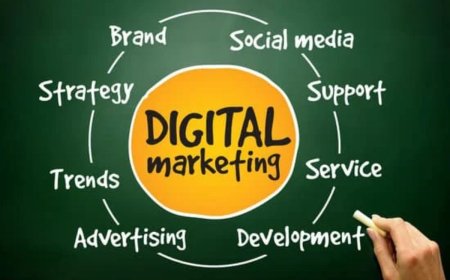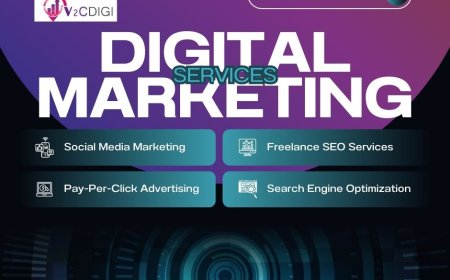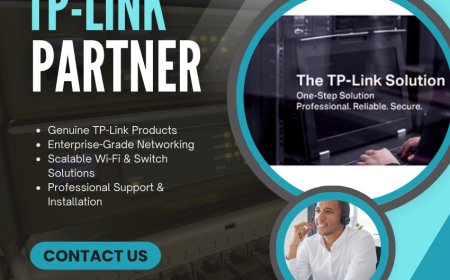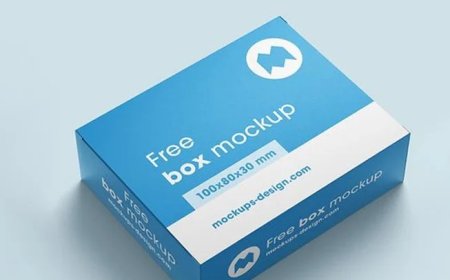Screening for Ethics: The Compliance Hiring Frontier

In an era marked by heightened regulatory scrutiny, rapid technological advancement, and shifting public expectations, companies are under more pressure than ever to operate ethically. Compliance is no longer simply about following rules; its about cultivating a culture of integrity. At the heart of this transformation lies a critical aspectCompliance Hiring. Today, organizations are not just recruiting professionals with legal expertise or policy acumenthey are actively screening for ethics.
This frontier in compliance hiring represents a paradigm shift. Companies must now look beyond the resume and assess the ethical compass of potential hires. The stakes are high: hiring someone with poor ethical judgment can lead to costly regulatory violations, reputational damage, and internal disruption. This article dives deep into the evolving landscape of compliance hiring, offering guidance on how to screen for ethics effectively and build resilient, trustworthy teams.
1. Why Ethics Matter in Compliance Hiring
The compliance function was traditionally perceived as the department that says no. But times have changed. Now, compliance teams are strategic partners, guiding businesses through complex regulatory environments and fostering ethical cultures. To do this well, compliance professionals must have an unwavering commitment to integrity.
Hiring ethically grounded individuals ensures that your compliance function is not just reactive, but proactive. These professionals are more likely to:
- Speak up about unethical practices
- Identify and mitigate risks early
- Foster trust among employees and stakeholders
- Build long-term sustainable compliance programs
If you're serious about strengthening your compliance framework, then screening for ethics in hiring is non-negotiable.
2. The Red Flags: Ethical Pitfalls to Watch For
Ethics, though intangible, often leave tangible signs. During the Compliance Hiring process, recruiters and hiring managers should be trained to look out for red flags such as:
- Vague or inconsistent work history: Gaps in employment or frequent job changes could warrant deeper inquiry.
- Overemphasis on results over process: Candidates who focus heavily on achievements without discussing how they were accomplished may cut corners.
- Resistance to accountability: Beware of candidates who blame others for past failures or avoid responsibility.
- Dismissive attitude toward regulations: Casual remarks that downplay the importance of compliance are warning signs.
Dont just take resumes at face value. Dive deeper. Check over here for more structured interview techniques that uncover ethical insights.
3. Techniques to Screen for Ethical Alignment
To screen for ethics, organizations must revamp their recruitment strategies. Here are practical tools to integrate:
a. Behavioral Interviewing
Ask candidates to describe real-life scenarios where they faced ethical dilemmas. For instance:
- Tell me about a time you observed unethical behavior at work. How did you respond?
- Have you ever had to make a decision that was morally right but unpopular? What did you do?
These questions force candidates to reveal not only their decision-making process but their core values.
b. Integrity Testing
Pre-employment integrity assessments can provide valuable insights into a candidates reliability, honesty, and attitude toward rules. These tests help filter out high-risk hires early in the process.
c. Reference Checks with a Twist
Instead of asking only about skills and performance, ask references questions like:
- Would you trust this person to make tough ethical calls without supervision?
- Have you ever seen this candidate handle a situation involving a moral dilemma?
This approach shifts the focus to character, not just competence.
If youre looking to improve your hiring process, go right here to learn about top tools and services used by compliance leaders globally.
4. Building a Culture That Attracts Ethical Talent
Screening for ethics is only one piece of the puzzle. Once you bring in ethically grounded individuals, your organization must support and retain them.
a. Clear Ethical Framework
Ensure your company has a well-communicated code of conduct, backed by real consequences for breaches. Compliance professionals thrive where they see values put into action.
b. Empowerment and Voice
Give compliance hires the autonomy to challenge decisions and raise concerns without fear. A speak-up culture is a magnet for ethically-minded talent.
c. Ongoing Ethics Training
Ethics is not a one-time orientation topicit should be woven into training, leadership communication, and performance reviews. This reinforces expectations and encourages personal accountability.
To learn how industry leaders create ethical environments that attract top-tier compliance talent, Find Out More through our featured case studies and expert interviews.
5. Measuring Success: Is Your Compliance Hiring Strategy Working?
How do you know if your ethical screening is effective? Consider tracking:
- Turnover rates in compliance roles: High turnover may indicate a mismatch in ethical values.
- Internal whistleblower activity: An increase in reports may suggest greater trust and ethical vigilance.
- Audit and regulatory outcomes: Fewer violations may be a sign your compliance team is ethically strong.
These indicators help fine-tune your hiring approach and reinforce a cycle of ethical excellence.
6. Final Thoughts:
In todays complex regulatory landscape, hiring for ethics isnt just good practiceits a competitive advantage. Clients, partners, and regulators are increasingly scrutinizing how companies operate, not just what they deliver. Ethical employees build resilient organizations. They protect reputations. They ensure compliance is lived, not just legislated.
As you explore new frontiers in Compliance Hiring, remember that technical skills can be taughtbut integrity must be innate. The cost of ethical misalignment is high, but with the right hiring strategy, it's also avoidable.


















































